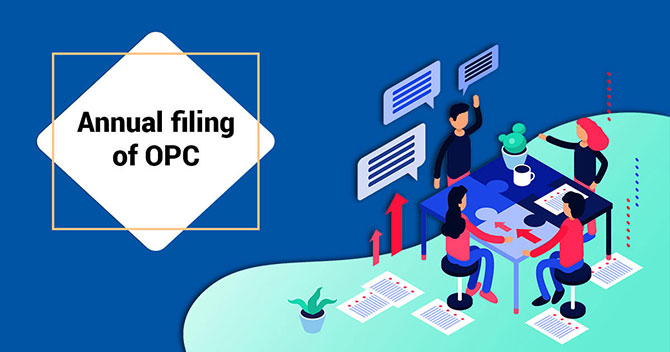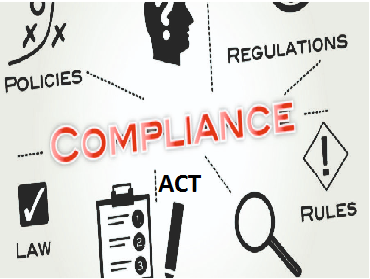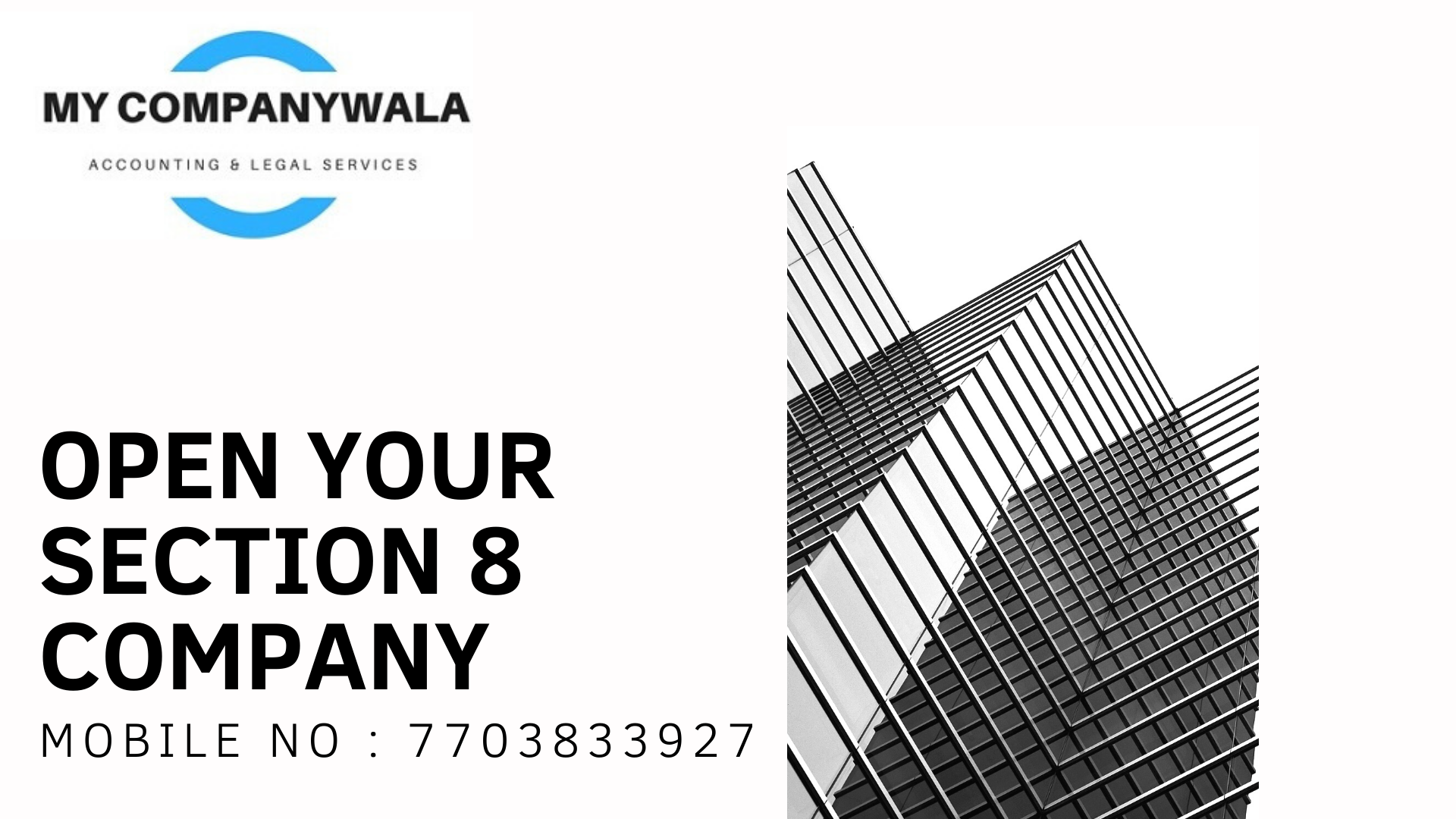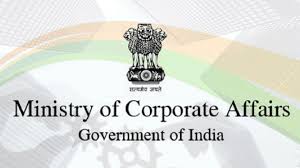Understanding the Difference Between Brand and Trademark: A Complete Guide

Ever wondered about the difference between brand and trademark? If you’re a business owner, startup, or entrepreneur, understanding this distinction is crucial for protecting your business identity. Many people confuse the two, but they serve different purposes. A brand is the emotional and visual connection with your audience, while a trademark is a legal tool that protects your business name, logo, and other identifying symbols. The difference between brand and trademark is often misunderstood, but this distinction is important for every entrepreneur, small business owner, or startup founder. In this guide, we’ll break down both concepts, highlight their key differences, and explain why both are essential for the long-term success of your business. By the end, you’ll understand how each contributes to building a sustainable and legally protected business. A brand is the identity that your business communicates to the world. It includes your company name, logo, design, colors, tone of voice, and the feelings or perceptions it evokes in customers. In other words, your brand is the emotional connection you create with your audience. It's how customers experience your company through various touchpoints—be it through your product, advertising, or customer service. For example, when you think of Apple, the first things that come to mind may be innovation, sleek design, and simplicity. Similarly, Nike evokes a sense of determination, strength, and performance. These are all feelings tied to the brand, and they help establish customer loyalty and recognition. The brand goes beyond the physical product or service. It’s about what your business represents, what it stands for, and how it resonates with your target audience. A successful brand can drive consumer choice and influence purchasing decisions. A trademark is a legal tool that protects your brand's identity from being copied or imitated by others. A trademark can be a symbol, word, name, logo, or even a slogan that distinguishes your products or services from those of others in the market. While a brand is the perception of your business, a trademark is a legal shield that protects your intellectual property. In India, a trademark can be represented with the symbol ™ if the trademark is unregistered or ® if it is registered with the government. A registered trademark ensures that no one else can use your business name, logo, or slogan without permission. This registration gives you the exclusive right to use these identifiers in the marketplace and protects your brand from infringement. For example, McDonald's famous golden arches and Nike’s swoosh are both trademarks. They are protected legally and can only be used by those authorized to do so. The trademark serves as a tool to protect your brand identity, preventing confusion or dilution in the marketplace. To fully understand the difference between brand and trademark, let’s break it down further in the table below. This will help you clearly see how each one serves a different purpose, and how they complement each other to create a strong business presence. As shown, a brand is a broader concept tied to customer perception, while a trademark offers the legal protection necessary to defend that perception from competitors. The brand is an emotional and strategic asset, while a trademark is a legal one. As a business owner, having both a strong brand and a registered trademark is essential for long-term success. Here's why: Building Brand Recognition: A strong brand helps create an emotional connection with your audience, making your business memorable. When customers resonate with your brand, they’re more likely to choose your products or services over competitors. A strong brand is crucial for customer loyalty. Legal Protection through Trademark: While your brand connects with customers, the trademark protects your business identity from being used by others. A registered trademark ensures that no one can legally steal or imitate your brand elements, such as your name, logo, or slogan. Without a trademark, you may be at risk of others copying your brand and confusing your customers. Risk of Non-Registration: Imagine building a fantastic brand only to lose your business name or logo because someone else registers it as their trademark first. This can be disastrous for a growing company. Trademarking your brand early is a critical step in securing your business identity. Case Study: One startup failed to register its trademark for its unique logo and name. As a result, a competitor filed for the trademark before they could. The startup had to rebrand entirely, costing them time, money, and customer trust. There are several common mistakes businesses make when dealing with the difference between brand and trademark: Using the TM Symbol Without Understanding Its Legal Standing: The TM symbol doesn’t offer any legal protection. It simply indicates that you're using a term, logo, or symbol as a trademark, but you can't enforce it legally unless it's officially registered. Thinking Brand Registration Equals Trademark: Many entrepreneurs mistakenly believe that registering a brand with a business registry automatically gives them legal trademark protection. This is not true. You need to specifically register your trademark with the appropriate government authority. Delaying IP Protection: Some businesses put off registering their trademark, thinking it’s not necessary for a small or new company. But delaying trademark registration can cost you. The earlier you secure your trademark, the easier it will be to protect your brand. When choosing your brand and trademark, consider the following tips: Tips for Creating a Strong Brand Name: Your brand name should be unique, easy to pronounce, and easy to remember. It should also reflect your company’s values and resonate with your target audience. Categories of Trademarks: Trademarks are classified into four categories: fanciful (highly distinctive, e.g., Google), arbitrary (no connection to the product, e.g., Apple), descriptive (indicates what the product is, e.g., Best Buy), and generic (too common to protect legally, e.g., "Computer"). Trademark Availability: Before finalizing your brand name or logo, use online trademark search tools to make sure your desired trademark is available for registration. This can save you time and effort in the long run. Here’s how to register your trademark in India: Trademark Search: Start by searching the trademark database to check if the name or logo you want to use is already registered. File the Application: Submit your application to the Controller General of Patents, Designs and Trademarks. Examination: Your application will be examined by the trademark office, and you may need to provide additional documents or clarifications. Publication in the Trademark Journal: Once approved, your trademark will be published in the journal, and you will have the opportunity to respond to any objections. Registration: If there are no objections, you will receive your trademark registration certificate. Timeline: The entire process can take around 12-18 months. It’s advised to seek expert help to navigate the registration process smoothly. Need to secure your brand identity? In conclusion, the difference between brand and trademark is key for business owners to understand. A brand defines your business’s identity and emotional connection with customers, while a trademark provides the legal protection to preserve and defend that identity. By registering your trademark, you safeguard your brand and ensure its long-term success in the marketplace. Yes, you can use a brand without a trademark, but it won’t be legally protected, leaving you vulnerable to potential infringement. No, trademark registration is not mandatory. However, registering your trademark offers legal protection that safeguards your brand identity. Without a registered trademark, it’s difficult to take legal action against someone copying your brand. Trademark registration provides the legal foundation to protect your business identity. The cost of registering a trademark in India typically ranges from ₹4,500 to ₹9,000, depending on the type of application. Common words can be difficult to trademark unless they are unique in their usage or represent your business in a distinctive way. A trademark in India lasts for 10 years and can be renewed indefinitely. The TM symbol indicates an unregistered trademark, while the ® symbol indicates a legally registered trademark.What is a Brand?
What is a Trademark?
Key Differences Between Brand and Trademark
Why You Need Both as a Business
Common Mistakes Businesses Make
How to Choose a Strong Brand and Trademark
How to Register a Trademark in India
MyCompanywala Can Help You!
At MyCompanywala, we simplify trademark registration, brand name availability checks, legal document preparation, and everything in between!
Get started with India’s trusted startup registration platform today.Conclusion
FAQs
Q1. Can I use a brand without a trademark?
Q2. Is trademark registration compulsory?
Q3. What happens if someone copies my brand name?
Q4. How much does it cost to register a trademark in India?
Q5. Can I trademark a common word?
Q6. How long does a trademark last?
Q7. What’s the difference between the TM and ® symbol?
Q8. Can I trademark a slogan or tagline?
Yes, slogans or taglines can be trademarked if they are distinctive and unique to your brand.

























.jpg)
.jpg)



.jpg)
.jpg)
.jpg)
.jpg)










